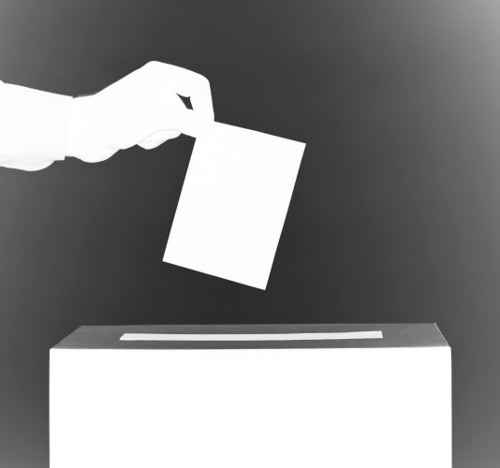Pre-polling slammed in vote review
 A federal election inquiry has heard pre-polling periods are too long.
A federal election inquiry has heard pre-polling periods are too long.
Parliamentarians believe that the amount of time allotted for pre-polling is eroding the integrity of the campaign process.
The election in May this year saw a record number of pre-poll votes.
In a submission to the Joint Standing Committee on Electoral Matters' inquiry into the 2019 federal election, Liberal MP Paul Fletcher said pre-poll voting is meant to provide an alternative to those who are physically unable to attend a polling place on polling day.
“It should not be provided simply on the grounds of offering greater convenience to voters,” he said.
He said the three weeks of pre-polling makes it challenging for parties to communicate all their policies in time.
He also raised concerns about the Australian Electoral Commission adopting a policy of encouraging and facilitating pre-polling, including expanding the number of pre-poll booths.
“This is not an appropriate decision for unelected officials to take. It is a decision which should only be made by the parliament,” he said.
Mr Fletcher said pre-polling should only run for a week.
Bob Katter, leader of Katter's Australian Party, agreed.
“Unfortunately, early voting has become the popular way to vote,” Mr Katter said in submission.
“Reducing the voting period will ensure those who have a legitimate reason are able to pre-poll but the AEC needs to be stricter with their policy of who can vote early.”
Former Nationals leader Barnaby Joyce has made a submission challenging the concentration of senators in capital cities.
“It is a farce and to be frank many Australians would be pressed to name more than a couple of the senators in their state,” Mr Joyce says.
“They are not in an office where then can be readily seen and identifiable to the needs of constituents.”
Instead, he believes states should be broken into six regions with two senators per region.
Senate president Scott Ryan says that idea disregards the population distribution within a state.
“It would mean that rather than just variances in populations between the states, it would also ensure massive variations in populations within states electing individual senators,” he said.
“The current Senate is actually very reflective of the national vote despite the differences in state populations. But this proposal would destroy that.”








 Print
Print